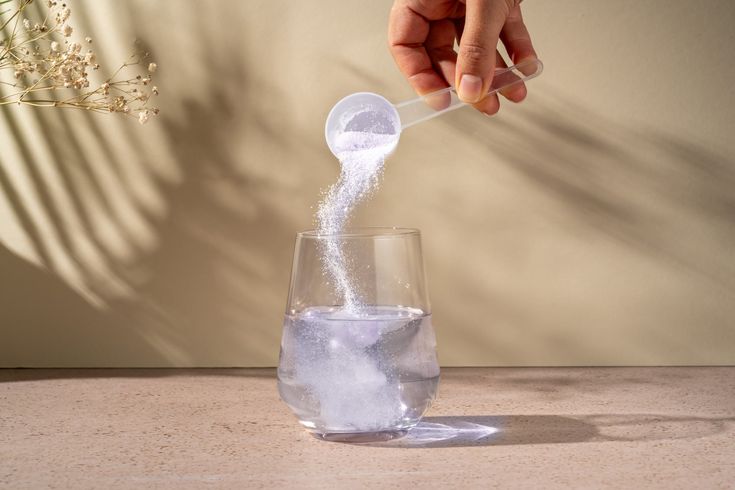If you’re trying to choose the best collagen supplement for your skin, joints, or gut health, you’ve likely come across two main types: marine collagen and general collagen peptides. But what’s the real difference? And more importantly — which one should you choose? In this article, we’re taking a deep dive into marine collagen vs collagen peptides to help you make an informed decision.
Collagen plays a key role in maintaining skin elasticity, bone strength, and digestive health. As natural collagen production declines with age, supplementation can help restore what your body begins to lose. But not all collagen sources are created equal.
What Are Collagen Peptides?
Collagen peptides, also called hydrolyzed collagen, are short-chain amino acids that result from breaking down full-length collagen molecules. This process makes the collagen easier to digest and absorb.
Key points about collagen peptides:
- Derived from bovine (cow), porcine (pig), or marine sources
- Contain primarily Type I and Type III collagen
- Promote skin hydration, joint support, and gut lining health
- Highly bioavailable and versatile
- Often found in powders and capsules
Collagen peptides are a popular choice for those looking for a well-rounded supplement for whole-body wellness.
What Is Marine Collagen?
Marine collagen is specifically sourced from fish skin, scales, or bones and is rich in Type I collagen — the most abundant type in the human body.
Unique qualities of marine collagen:
- Made exclusively from fish (ideal for pescatarians)
- Typically contains only Type I collagen
- Excellent for skin, hair, and nail health
- Absorbs quickly due to smaller peptide size
- Naturally odorless and tasteless in high-quality products
If your main goal is glowing skin and stronger hair or nails, marine collagen is often considered the superior option.
How Do They Compare? Marine vs. General Collagen Peptides
Let’s break down how these two forms differ across key categories:
| Feature | Marine Collagen | General Collagen Peptides |
| Source | Fish | Bovine, Porcine, or Fish |
| Types of Collagen | Type I only | Types I & III (sometimes II, V, X) |
| Best For | Skin, hair, nails | Joints, skin, gut, muscles |
| Bioavailability | Slightly higher | High (but slightly less than marine) |
| Diet Compatibility | Pescatarian-friendly | Not suitable for pescatarians |
| Allergen Risk | Fish allergens | Fewer allergen concerns |
Which Should You Choose?
The best collagen for you depends on your health goals and dietary preferences.
Choose marine collagen if you:
- Prioritize beauty benefits like skin firmness and hair growth
- Follow a pescatarian diet
- Want a collagen source with fast absorption
Choose general collagen peptides if you:
- Want broad-spectrum support (joints, gut, muscles, and skin)
- Prefer a more affordable option
- Are looking for a collagen with multiple types for full-body benefits
Real Story: Lisa’s Collagen Dilemma Solved
Lisa, 41, had been dealing with thinning hair and dry skin for years. “I wasn’t sure if marine or regular collagen peptides were better for me,” she recalls. After comparing both and consulting her wellness coach, she chose marine collagen. “Within 60 days, my skin felt firmer, and even my hairstylist noticed the difference.”
Her story highlights the importance of matching the right type of collagen to your personal goals.
Final Thoughts
When it comes to the debate of marine collagen vs collagen peptides, there’s no one-size-fits-all answer. Each offers unique benefits, and choosing the right one depends on your needs, preferences, and diet. Whichever you go with, make sure you’re selecting a high-quality product free from fillers and sourced responsibly.
For clean, clinically-backed collagen supplements — including both marine and multi-collagen options — explore BioOptimal Supplements, a brand dedicated to providing pure, effective products to support your everyday wellness.










